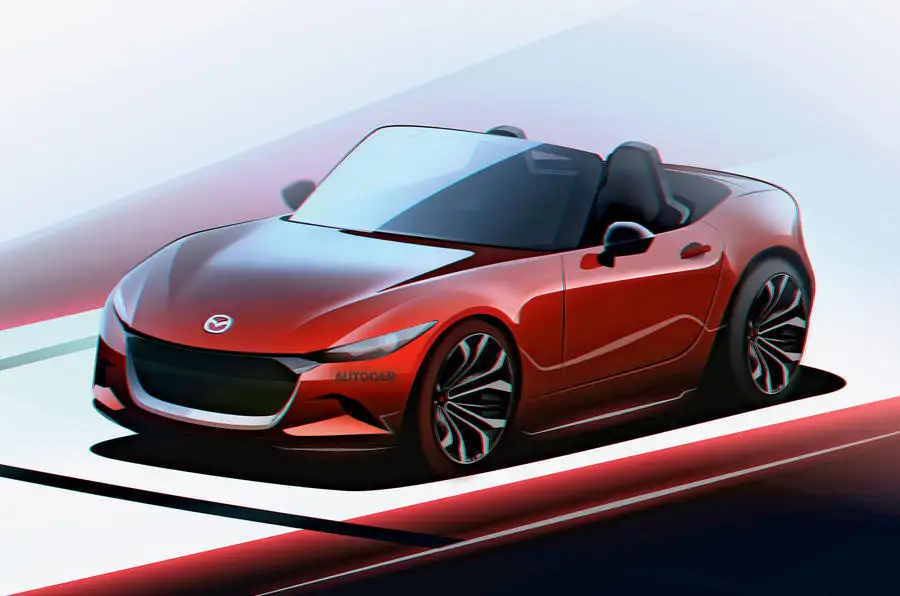Layout of next-gen car is to be confirmed, however popular sports car will remain part of lineup.
The Mazda MX-5 “will never die” but the Japanese company has yet to commit to the technical make-up of the next-generation version.
Mazda’s CEO in Europe, Martijn ten Brink, said the current car, first launched in 2015, will continue to be updated and is under no threat of being taken off sale from emissions or other legislation.
“How do you stay true to the concept of what the car stands for taking it into the next generation of technologies?” he said, when asked about plans for the next MX-5. “That’s not been decided. But I think for Mazda it would be fair to say that the MX-5 will never die.
“I think it will continue to exist forever and it will have to go with the times. That’s a super challenge, and people are passionate about this car in Mazda.
“Of course, as you can imagine, people have opinions on which direction it should go. So I’m very curious where it will end up, but it will definitely remain part of the line-up.”
In a wide-ranging interview at the Brussels motor show, ten Brink also discussed Mazda designers exploring new shapes and sizes for its models that major on aerodynamic efficiency when its new scalable electric architecture arrives in 2025.
“I think everybody is really happy in the company with the performance of our crossovers and the advantages that they offer,” said ten Brink. “But I think everybody is also looking at what are the polar possibilities in terms of design of new electrified products.
“How do we go? Do we go to a new shape? That’s what our designers are experimenting with. I look forward also to vehicles that are not necessarily SUVs or crossovers.” He added: “We need to think about aerodynamics in a different way. I think we’re going to get more diversity in terms of design from all the different brands. And I think also our experiments for design will take us into new directions, but they will definitely have to be super-aerodynamic.”
Ten Brink said Mazda’s size means it has to do things differently and produce models for global markets rather than adopting different approaches region by region.
“We need to be successful in Japan, in Australia, the US, and Europe, with by and large the same vehicles,” he said. “This is an enormous challenge for a smaller manufacturer because we can’t go all in on one thing.
“That is where the larger manufacturers have, of course, a bit of a luxury but also maybe didn’t have to be so open about what they do in the rest of the world because they can focus their communication far more on ‘this is our story for Europe’, ‘this is our story for North America’. We need to have the same story across the globe.”




